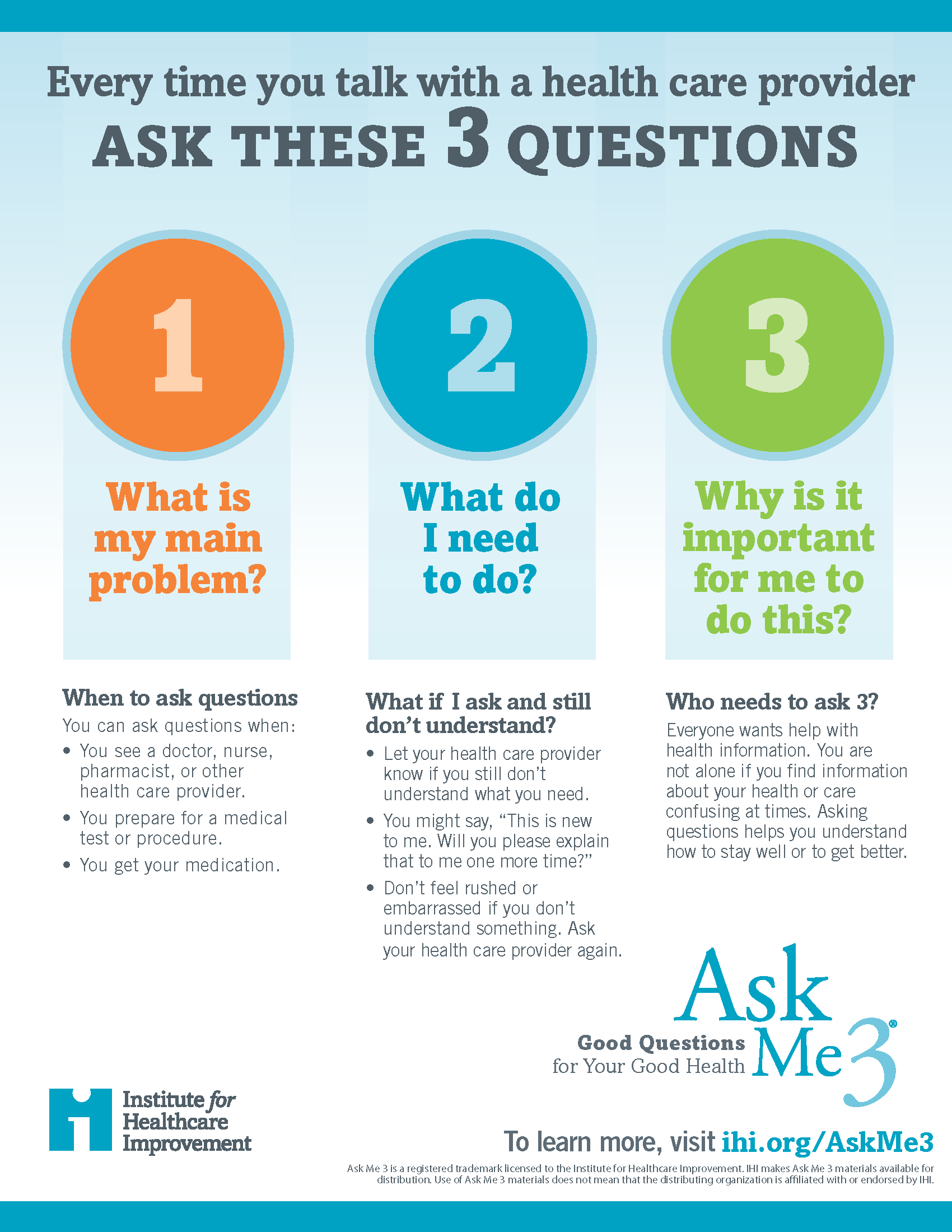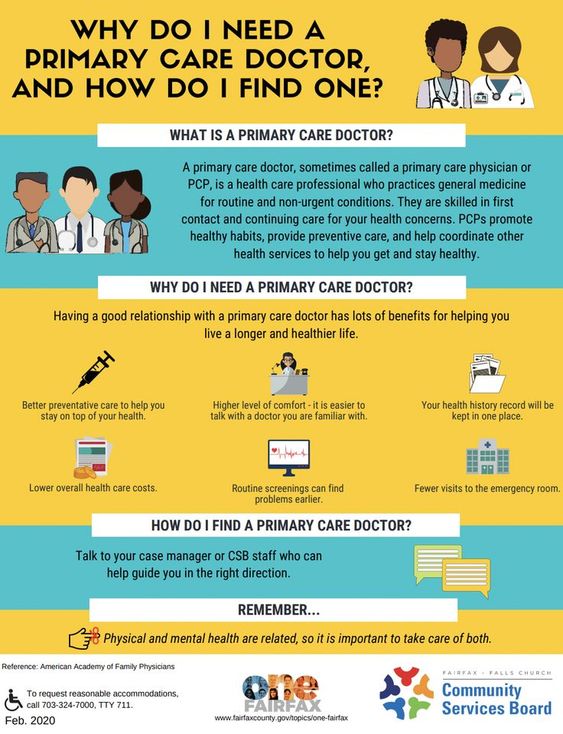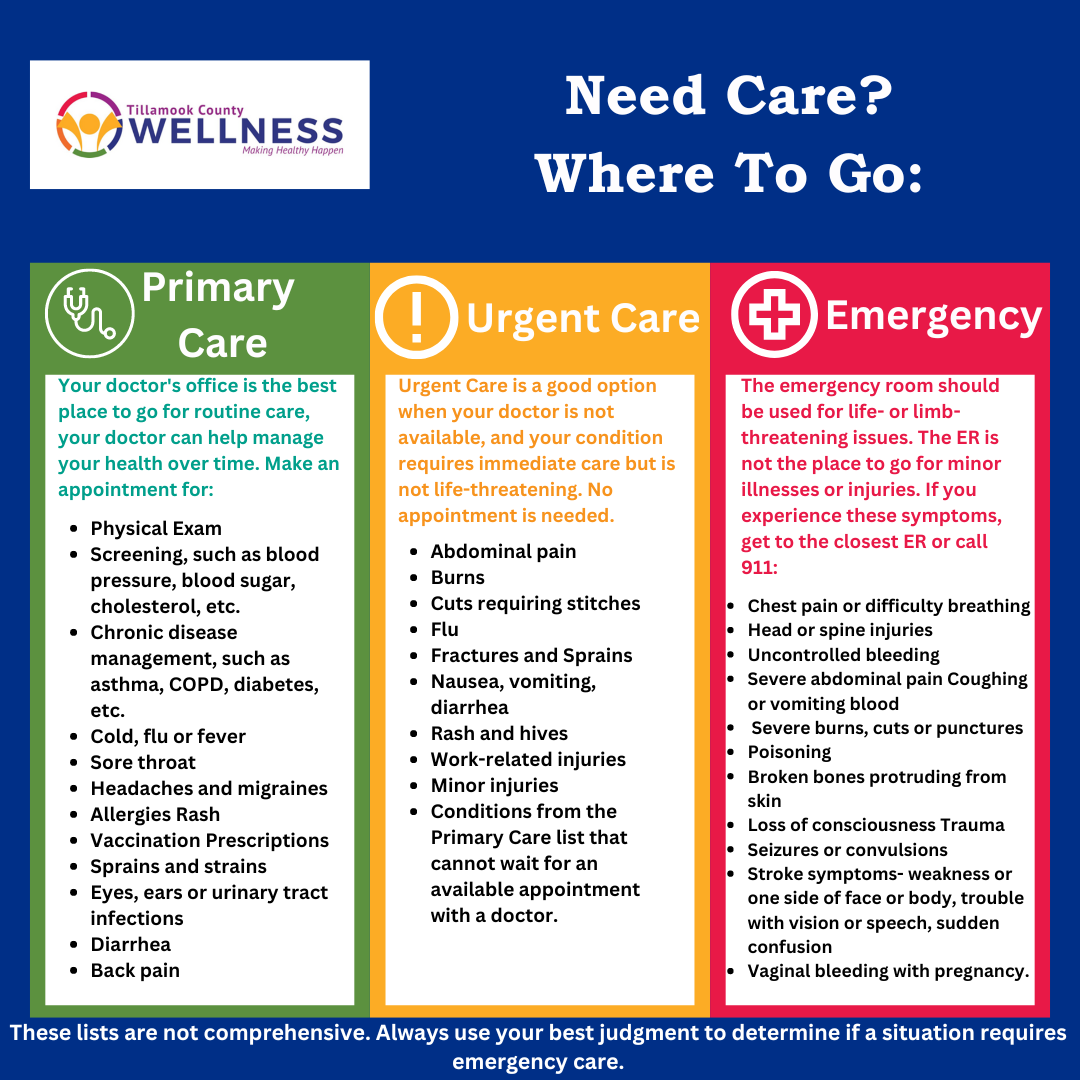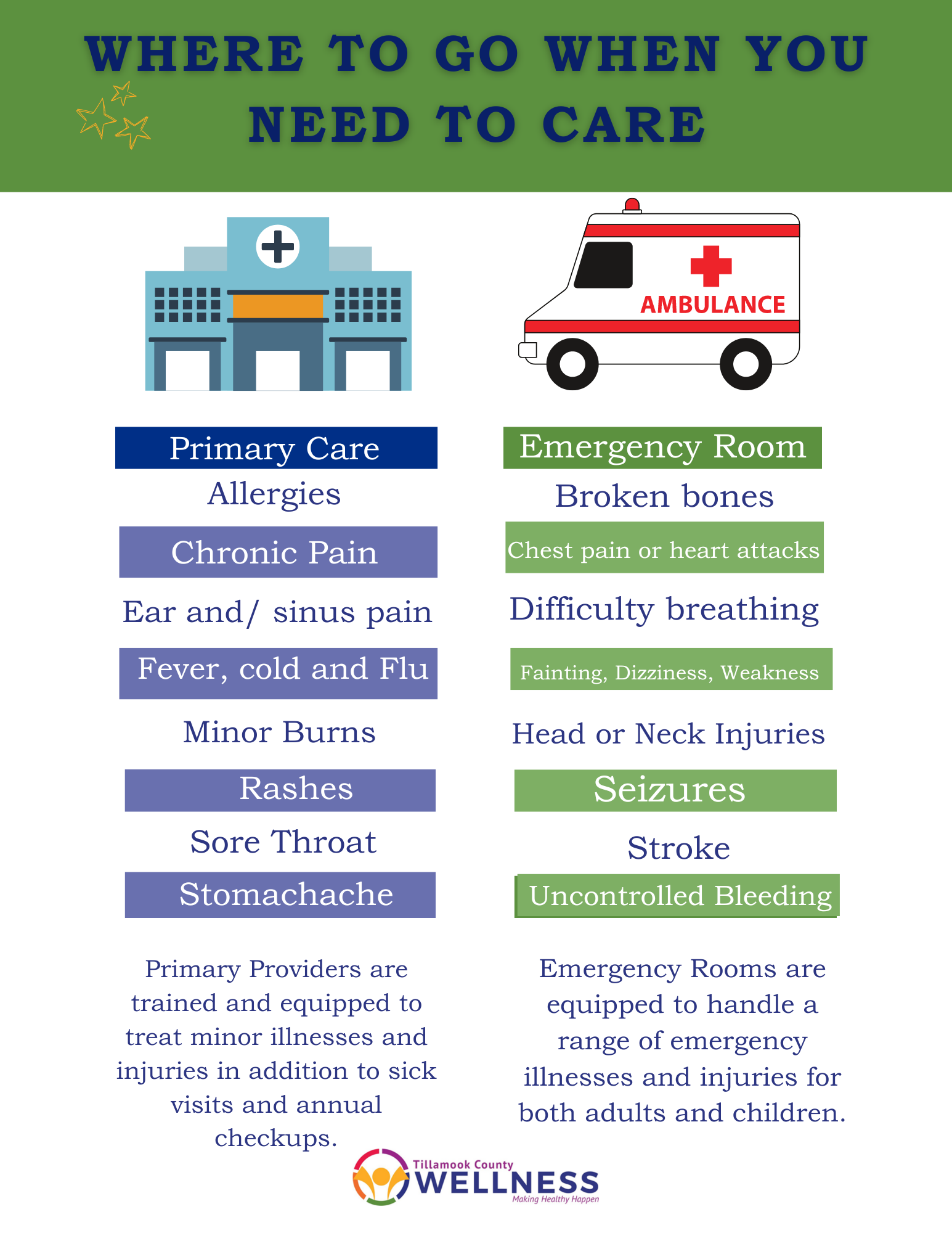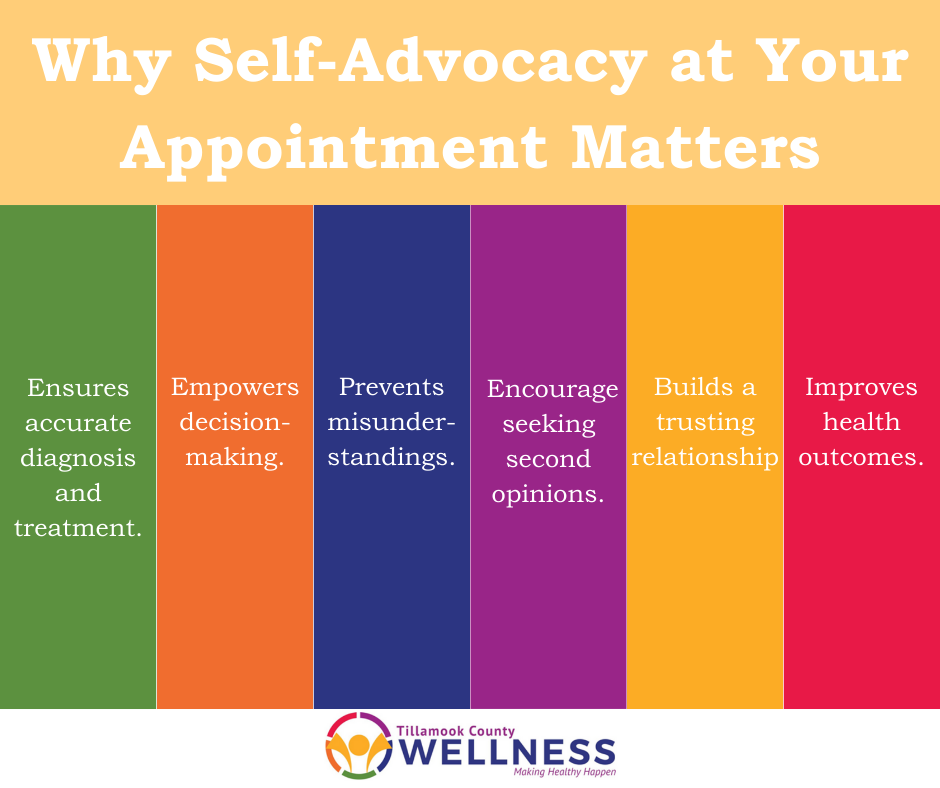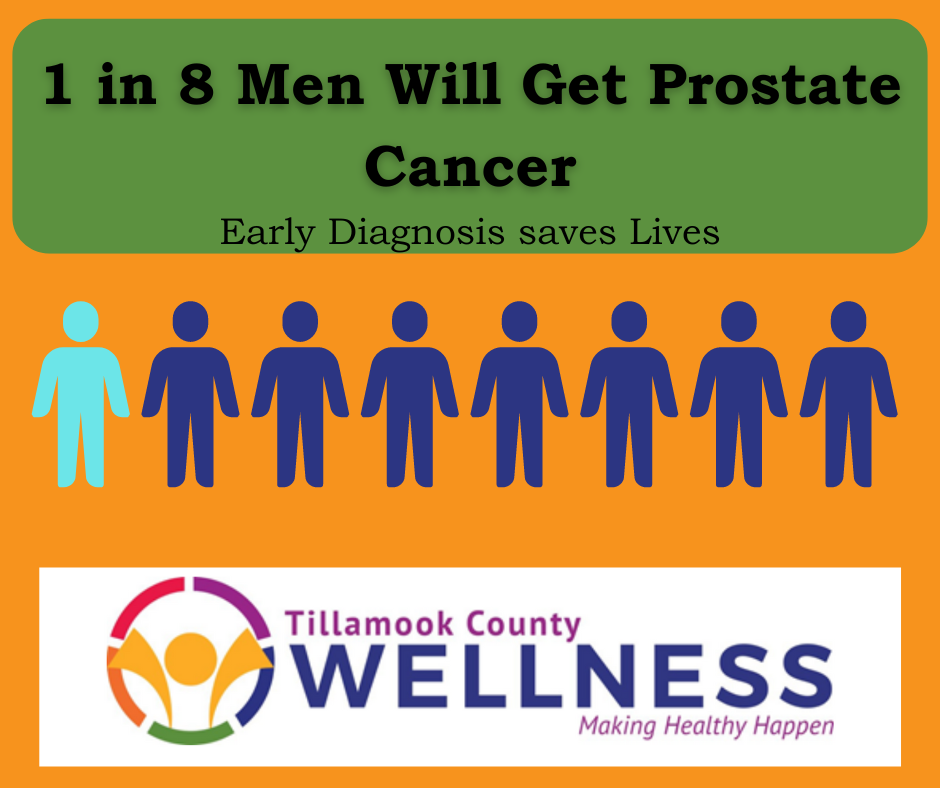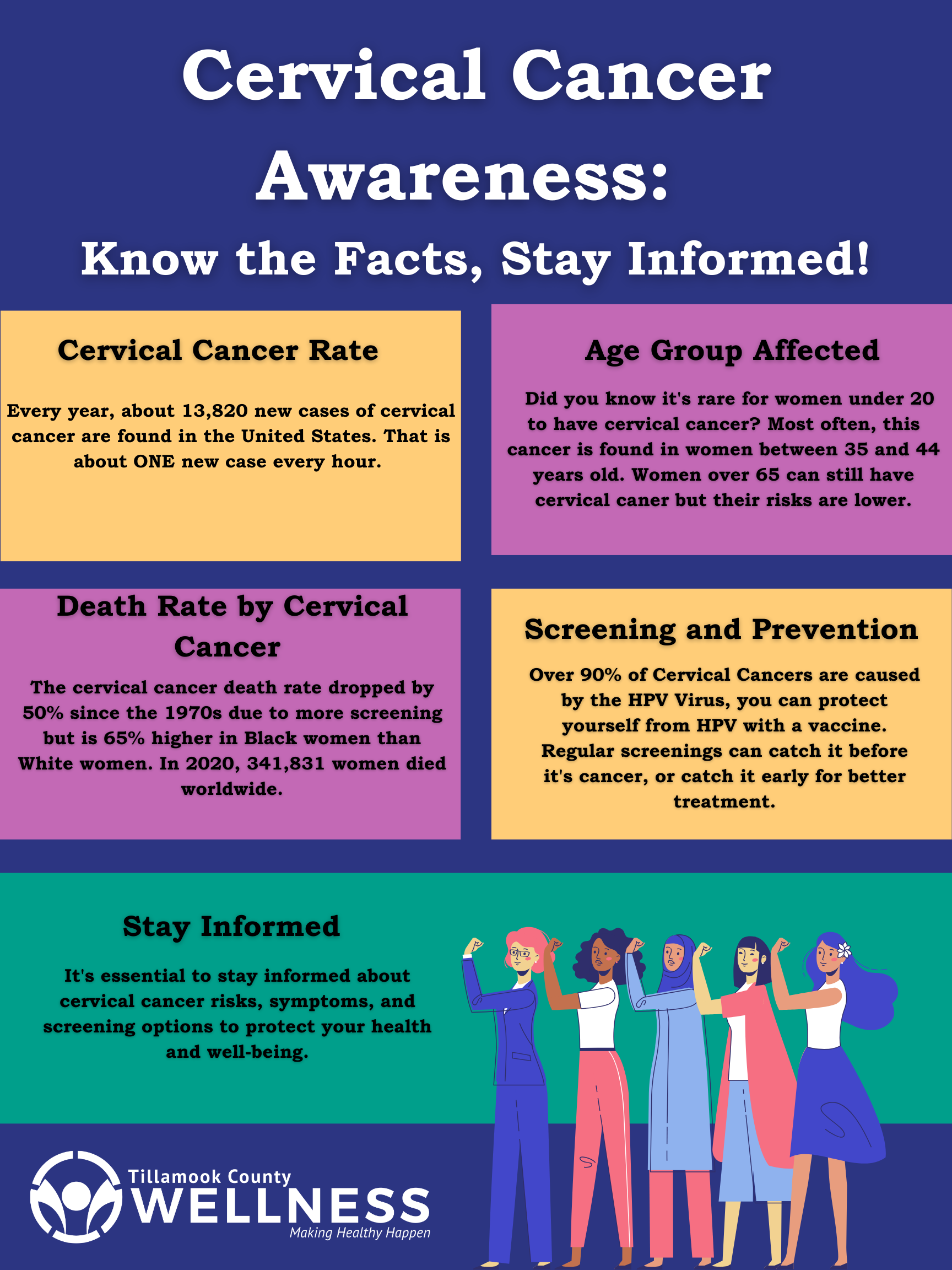Health Literacy
Personal health literacy is the degree to which individuals have the ability to find, understand, and use information and services to inform health-related decisions and actions for themselves and others. – Healthy People 2023
Health literacy helps us:
Use health information rather than just understand it.
Be empowered to make better-informed decision.
Integrate community and public health perspectives.
Acknowledge that systems and organizations have a responsibility to help increase health literacy.
Thanks to a grant from the Knight Cancer Institute Community Partnership Program, we are shining a spotlight on health literacy for the best possible health outcomes for you and your loved ones. Together, we are increasing understanding of basic health information, cancer and other chronic disease prevention, and how and when to access the best type of care. Please continue to visit this page and our website for information you can use to improve your overall well-being.
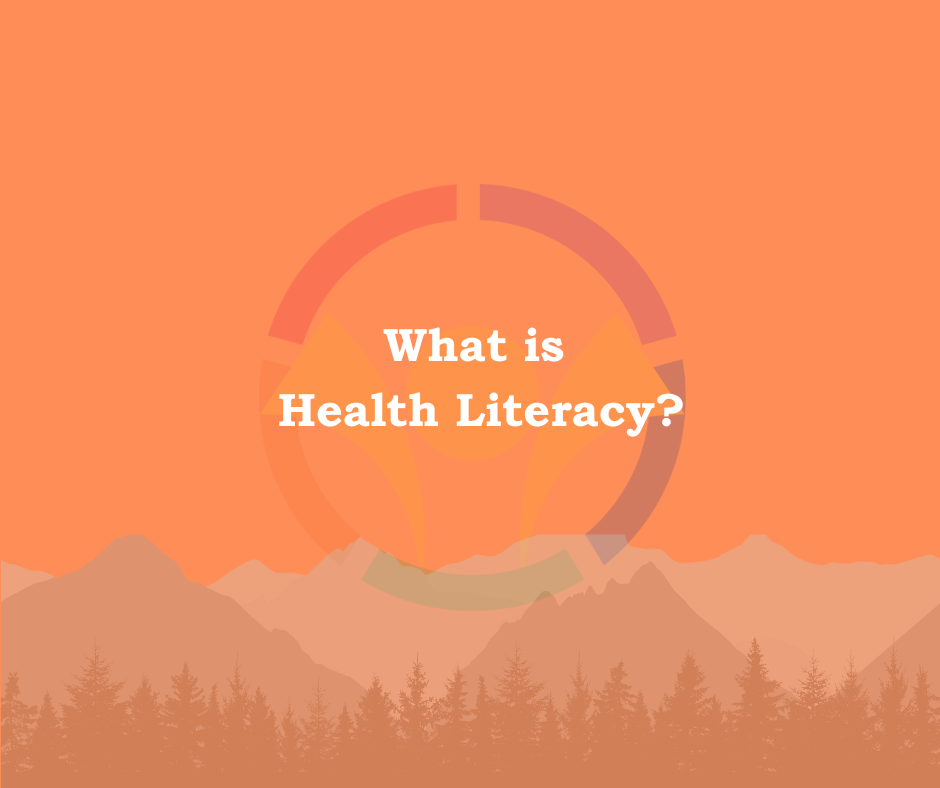
Take Charge of Your Health!
Health literacy means making informed choices about your well-being.
From understanding prescriptions to navigating healthcare, it’s important knowledge.
Three Important Questions to Ask
Empower Yourself!Ask questions, seek clarity, and stay informed. Your health matters!
|
|
Health Literacy Means...
Take Charge of Your Health!Health literacy means making informed choices about your well-being.
From understanding prescriptions to navigating healthcare, it’s important knowledge.
|
|
Stand Up for Your Health
Improve your health literacy for a healthier tomorrow!Your voice is important when you visit your healthcare provider. Ask questions, and share your symptoms openly. You know your body best, and your opinion matters. If you’re unsure, ask again, talk about treatment choices, or get a second opinion. Being involved makes communication better and ensures you get the care you want. Speak Up for Your Rights (printable handout) |
Fight for your health – you’re the best advocate for yourself! |
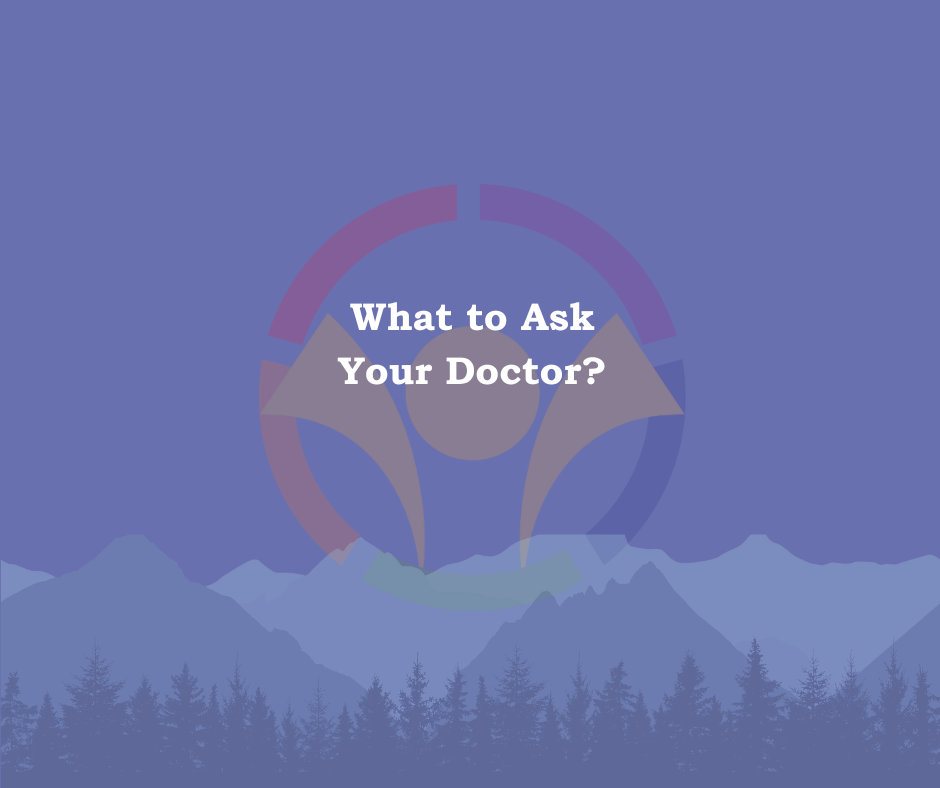
Your Primary Care Provider is Your Advocate
Regular check-ups with your provider are important for staying healthy and catching problems early. They offer personalized advice, keep track of your health history, and help you live better. Building a solid relationship with your provider means you get the care you need when you need it. Don’t wait for problems to get worse; see your primary care provider at least once a year.
How to Find a Primary Care Provider
Your Health Journey Begins with Primary Care!Regular check-ups are key to staying well and catching issues early. Build a strong relationship for personalized care and better living. Your health matters – schedule your visit today!
Use this helpful worksheet to help find a primary care provider.
|
|
How to Prepare for Your Primary Care Visit
Are you Read for Your Primary Care Visit?Preparing ahead of time helps you make the most out of your visit. You can do this by writing down symptoms, worries, and questions in advance. Bring a list of your medication and any important medical history. This helps your Provider focus on what’s important and saves time. Being involved makes your healthcare better. Take control of your health – be ready, talk, and work together for the best results! Fill out this helpful Personal Medical Diary and bring to your appointment. |
|
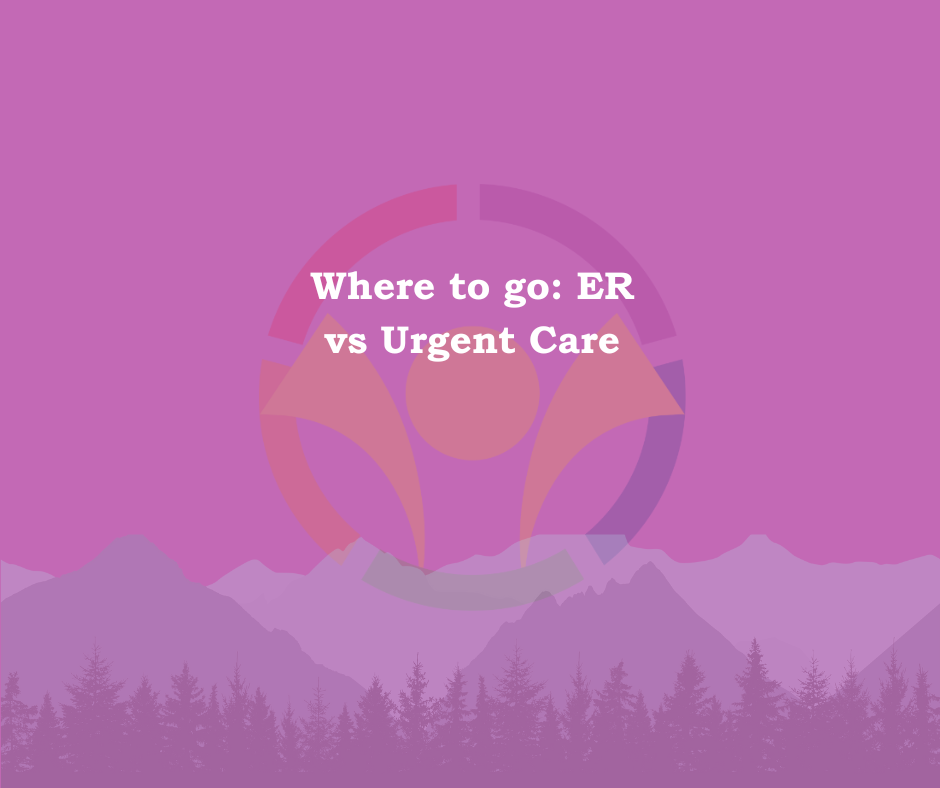
Where to go for Care and When
Do you know where to go for your health needs? Emergency Room for serious cases, Urgent Care for immediate but less severe issues, and your Primary Care Physician for regular check-ups. Quick decisions mean better care.
ER vs. Urgent Care examples
ER vs. Urgent CareDo you know where to go for your health needs? Emergency Room for serious cases, Urgent Care for immediate but less severe issues. Here is a helpful chart on ER vs. Urgent care situations.
|
|

Your health is important, and so is your voice!
When you see your Provider, don’t be afraid to speak up. Share what’s on your mind, ask questions, and tell them about any problems you’re having. You know your body best, and what you say matters. If you’re not sure about something, ask again or talk about different ways to get better. It’s okay to get another doctor’s opinion too. Being part of the conversation helps you get the care you need.
Why be a Self Advocate
Self Advocacy:Your health matters, and advocating for yourself is important! By speaking up about your symptoms and concerns, you let your Provider have more information to make the most correct diagnosis and give you the best treatments options. Empower yourself to actively participate in decisions about your health, so that treatments align with your preferences and values.
|
|
How to be an Adovcate
How to be an Advocate for Yourself:You know your body best, and what you say matters. If you’re not sure about something, ask again or talk about different ways to get better. It’s okay to get another doctor’s opinion too. Being part of the conversation helps you get the care you need. You have the right to be informed about and make decisions regarding your care. In Speak Up™ For Your Rights, the latest video in the award-winning Speak Up™ campaign, learn about the different rights you have as a patient: https://vimeo.com/37189375
|
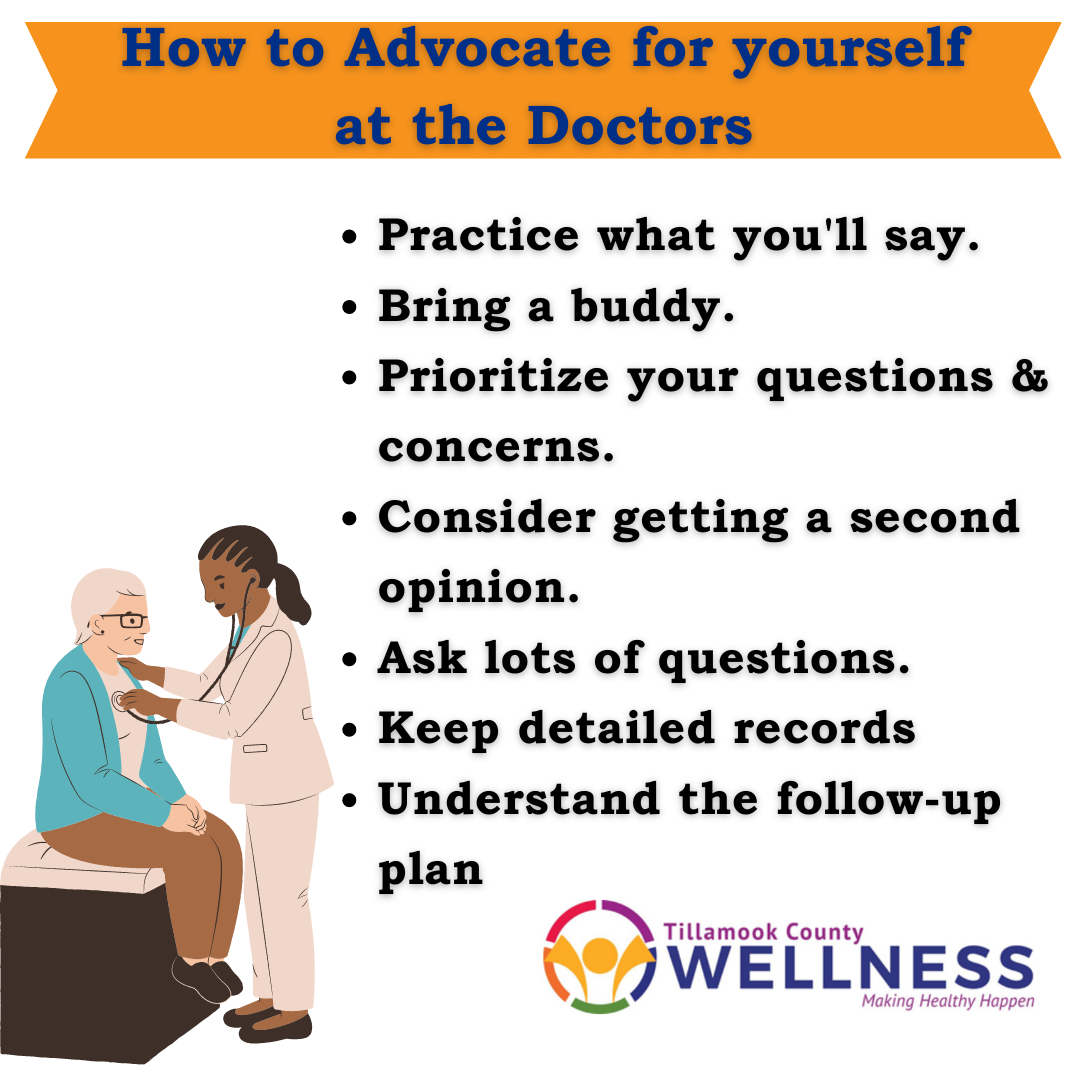 |
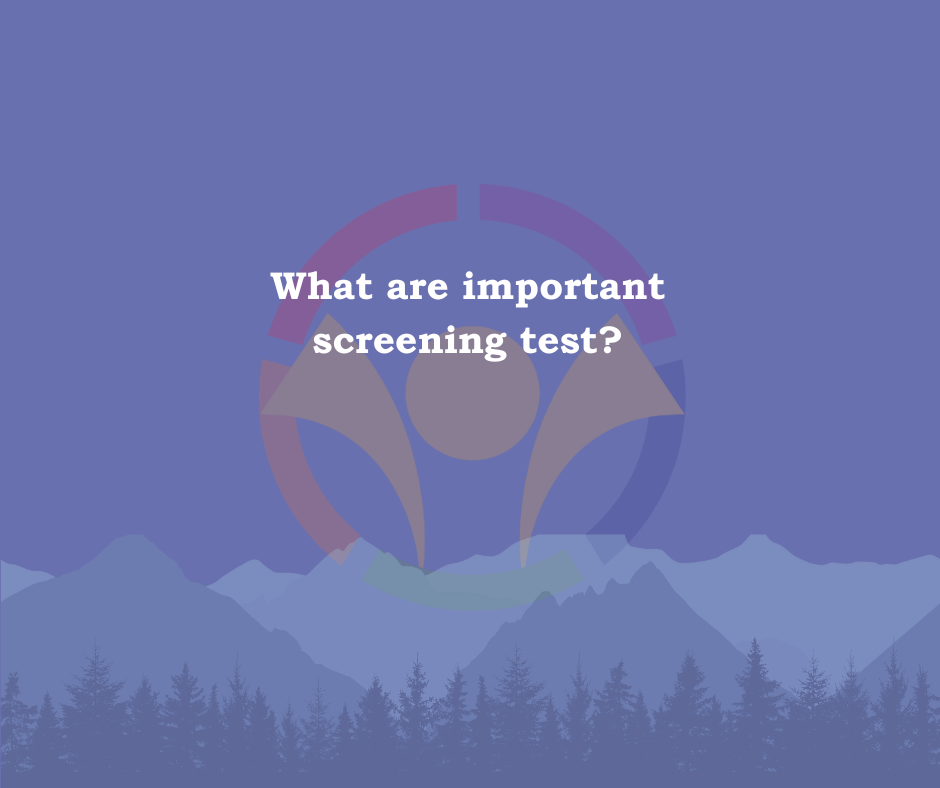
Health Screenings for Cancer Prevention
Make sure you’re getting the screenings you need to stay ahead of cancer. Early detection saves lives. saving lives. Take charge of your health by scheduling regular screenings based on your age and risk factors. Whether you’re younger or older, knowing what screenings and when to get it can make a big difference in your health.
Read more on the essential of cancer screenings here.
Cancer Screening by Age
Age & Screening:It’s important to get cancer screenings as you grow older. Getting screened at the right time helps catch cancer early and makes treatment easier. Keep track of your health by going to check-ups when it’s recommended, based on your age and any risk factors you may have. For a helpful chart on cancer screening by age, see this handout.
|
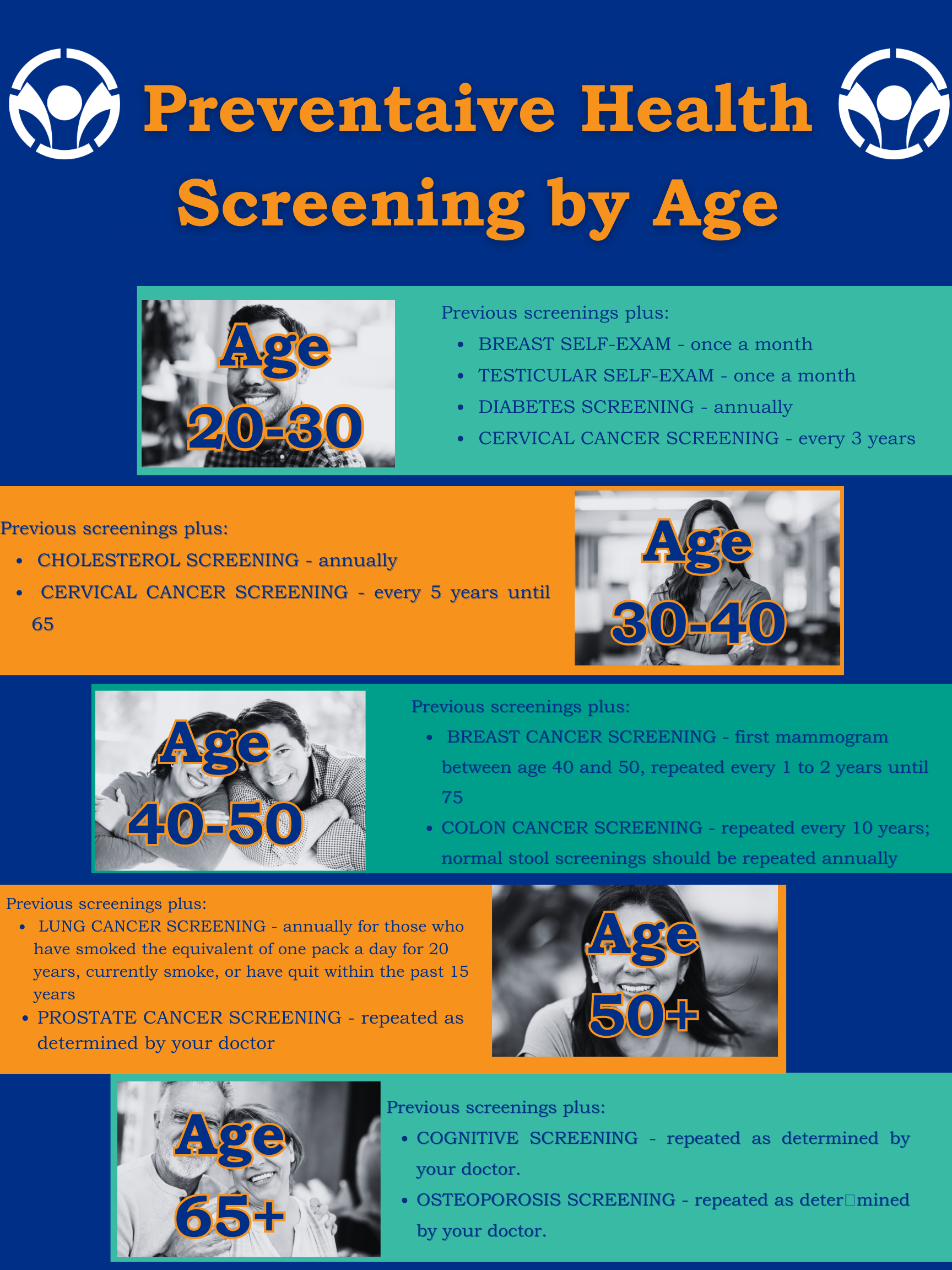 |
Cancer Screening for Those Born Male Sex.
|
|
Testicular, Prostate and Breast Cancer:Testicular Cancer:
Prostate Cancer:
Breast Cancer:
|
Cancer Screening for Those Born Female Sex.
|
|
Cervical and Breast Cancer:Cervical Cancer:
Breast Cancer:
|

Resources
The U.S. Preventive Services Task Force (USPSTF or Task Force) works to improve the health of people nationwide by making evidence-based recommendations on effective ways to prevent disease & prolong life.

